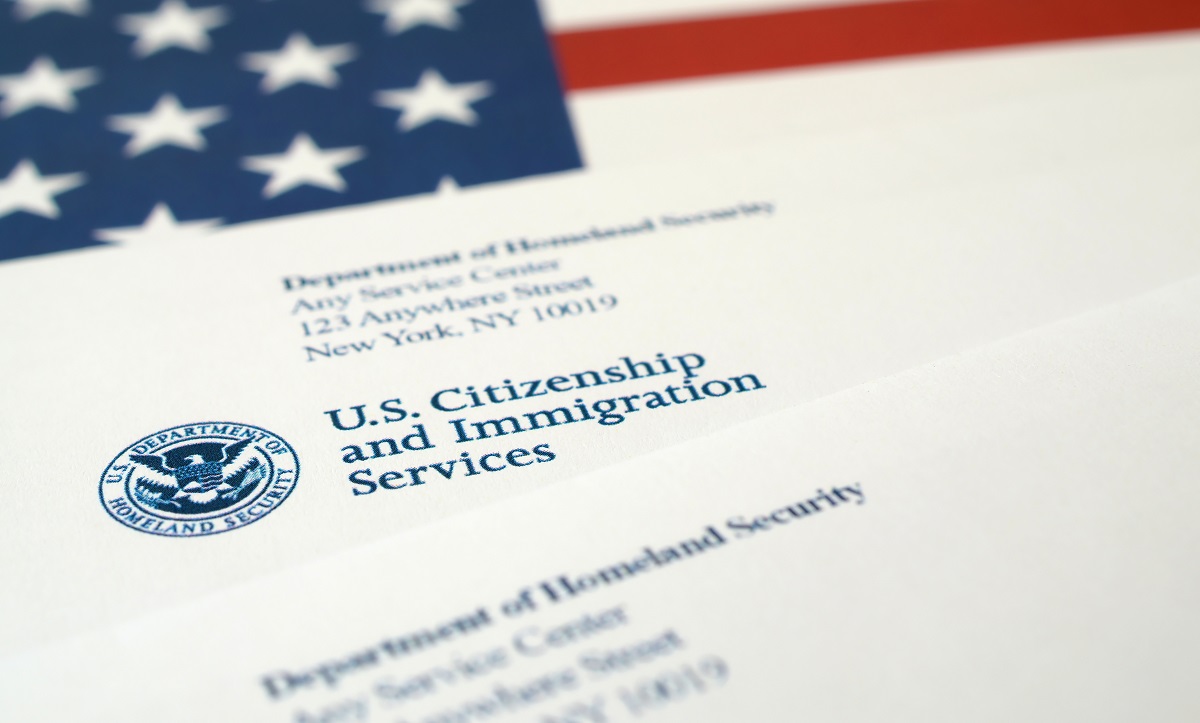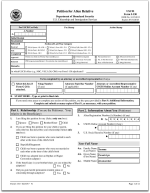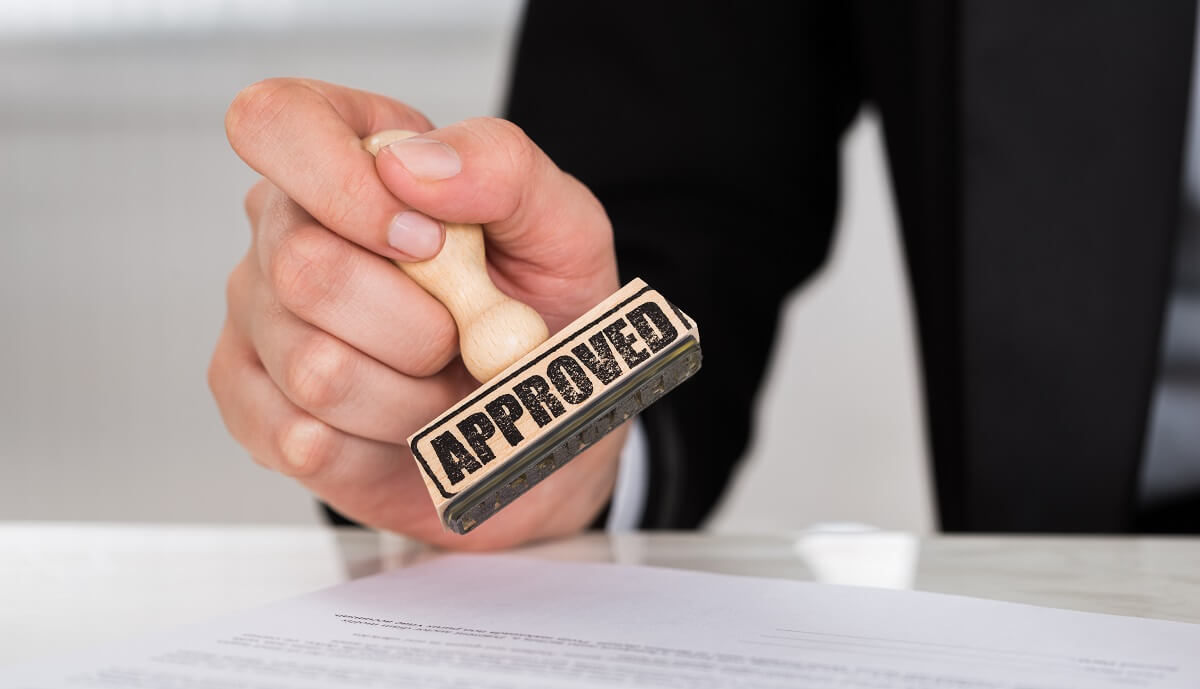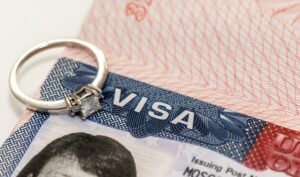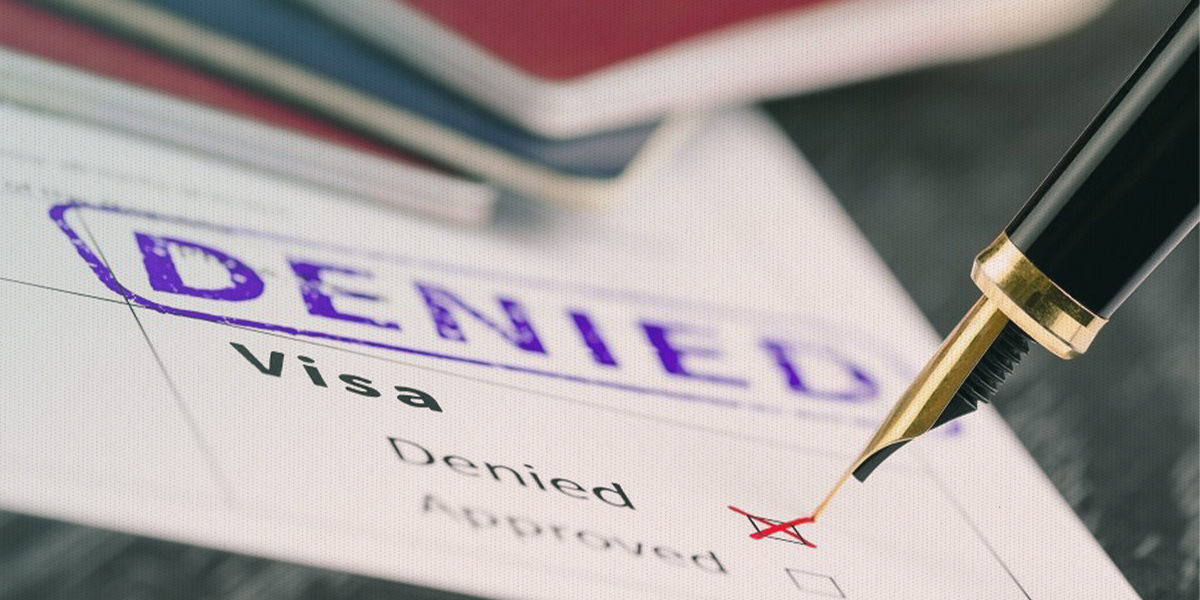
Facing an I-130 denial can feel like hitting a wall in your immigration journey. You’ve taken the time to complete the petition, gather documents, and plan for the future... only to be told your request was denied. It’s frustrating, confusing, and emotionally draining. But don’t give up yet. In this article, we’ll walk you through the most common reasons for an I-130 denial, how to avoid them, and what options you may still have to reunite with your loved one in the United States.
Possible Reasons for I-130 Denial
- Providing Insufficient Information
- Petitioning a Relative Who Is Not Eligible
- Not Adequately Documenting Qualifying Relationship
- Failure to Prove Petitioner’s Status
- Inconsistencies in Supporting Documents or Testimony
- Suspected Marriage Fraud
- USCIS Mistake
CitizenPath Helps You Avoid I-130 Denials
What to Do After an I-130 Gets Denied
Possible Reasons for I-130 Denial
There are several reasons why U.S. Citizenship and Immigration Services (USCIS) may deny Form I-130, Petition for Alien Relative. In many cases, USCIS will give you an opportunity to fix the problem before they issue a denial notice for the petition. But this creates a significant delay in the process and may require an additional expense to resolve the problem. Some of the most common reasons for an I-130 denial include:
Providing Insufficient Information
If you didn’t provide enough information for USCIS to make a decision, they may deny your Form I-130. Typically, USCIS will issue a Request for Evidence (RFE) before the I-130 denial. If you fail to respond to the RFE or do not provide an adequate response, USCIS may deny the visa petition at that time. However, USCIS may deny without first issuing an RFE or Notice of Intent to Deny (NOID) in certain cases.
Likewise the quality of the document can create a problem. USCIS may reject poor photocopies of evidence. Foreign language documents must be accompanied by a certified translation. If the birth or marriage certificates that you submit are badly photocopied and difficult to read, have not been translated, or do not appear to come from an official government source, it’s possible that USCIS will deny the petition.
Petitioning a Relative Who Is Not Eligible
If there is no qualifying relationship between petitioner and beneficiary, USCIS will issue an I-130 denial. Relationships must fall into either the immediate relative or family preference categories. Before filing, understand if your relationship with the beneficiary qualifies. Generally, this is a straight forward requirement, but it can get more complicated with adoptive and step relationships.
Not Adequately Documenting Qualifying Relationship
Even if you have a qualifying relationship, you must provide sufficient evidence to prove it. In some cases, this is straight forward. A mother is most likely listed on a child’s birth certificate. However, a child born out of wedlock may not have the father’s name on a birth certificate. There are a variety of adoptive and step relationships that may make it more challenging to provide evidence.
Additionally, documentary evidence may be difficult to obtain in certain countries. For example, many older Indian citizens do not have birth certificates issued by the government. The lack of these documents can make it more challenging to prove one’s identity or certain types of relationships.
Failure to Prove Petitioner’s Status
Only a U.S. citizen, U.S. national or lawful permanent resident (green card holder) may file Form I-130. Therefore, the petitioner must include proof of their status when submitting the petition. U.S. citizens can satisfy the requirement with a copy of a birth certificate (if U.S. born), Naturalization Certificate, Certificate of Citizenship, or American passport. Permanent residents can provide a copy their green card. Other documents may also satisfy the requirements.
Inconsistencies in Supporting Documents or Testimony
USCIS expects your petition, supporting documents, and any interview responses to align consistently. Discrepancies — such as mismatched dates, conflicting addresses, or contradictory statements — can cause officials to doubt the validity of your case. Even honest mistakes may be interpreted as deception, especially if the petitioner or beneficiary has a past history of misrepresentation, immigration fraud, or submitting altered documents. Accuracy and consistency are essential throughout the entire process.
Suspected Marriage Fraud
One of the most serious reasons for an I-130 denial is the suspicion that a marriage was arranged solely for immigration purposes. USCIS closely examines spousal petitions for signs of fraud. Couples with major age gaps, short courtships, or minimal cohabitation may face added scrutiny. To overcome these concerns, petitioners must submit strong evidence that the relationship is genuine and ongoing, not just a means to obtain a green card.
USCIS Mistake
Unfortunately, USCIS does make errors that cause petitioners and beneficiaries much pain. It can cost you money and lost time. Even if you’ve done everything correctly, USCIS has been known to make mistakes that result in an I-130 denial. USCIS may lose documents or simply overlook the facts. You can do your part by making certain the petition package is neat and organized.
CitizenPath Helps You Avoid I-130 Denials
When you prepare Form I-130 with CitizenPath, you're setting yourself up for success. Our attorney-designed service guarantees you won't receive an I-130 denial or your money back. CitizenPath offers an affordable, online solution that helps individuals, attorneys, and non-profits accurately prepare USCIS forms from any device. Our step-by-step process checks your eligibility, flags potential issues, and ensures your petition includes the required information, helping you avoid costly delays and denials.
Petitioners can get started for free. No payment is required until you’re finished and ready to print your petition and personalized filing instructions.
What to Do After an I-130 Gets Denied
After an I-130 denial, you may have options to correct the situation. But it’s very important to understand the reason for the I-130 denial before acting.
I-130 denials and revocations should be taken seriously. In certain circumstances, they can lead to endangerment of any future petitions by the same petitioner and or beneficiary. An immigration attorney may be able to help overcome the grounds of denial. On other hand, you may be able to rectify simple mistakes by filing a new Form I-130.
File a New Application
This may be the best option depending on the reason for the I-130 denial. For example, you may want to simply file a new I-130 petition if your denial was the result of failing to submit the proper evidence. Assuming that you now have the evidence, you may file a new visa petition for the same relative. There is no rule that prevents you from re-applying for the same person again. However, filing a new I-130 petition for the same person is not an appropriate response for all situations.File an Appeal with the Board of Immigration Appeals (BIA)
The circumstances for your I-130 denial may require that you appeal the decision with the BIA. There are numerous reasons that you may need to fight the decision with an appeal. For example, the determination by USCIS that a marriage is not genuine or a family relationship is not valid creates a significant obstacle. It requires a thorough understanding of the law to fight successfully. We recommend that you recruit the help of an experienced immigration attorney that can analyze your specific situation and make a determination on how to overcome the negative decision.
Again, the best way to prevent an I-130 denial is to make sure your relationship meets the eligibility requirements, provide ample evidence, and submit a well-prepared visa petition.
Want more immigration tips and how-to information for your family?
Sign up for CitizenPath’s FREE immigration newsletter and
SAVE 10%
on our immigration services


